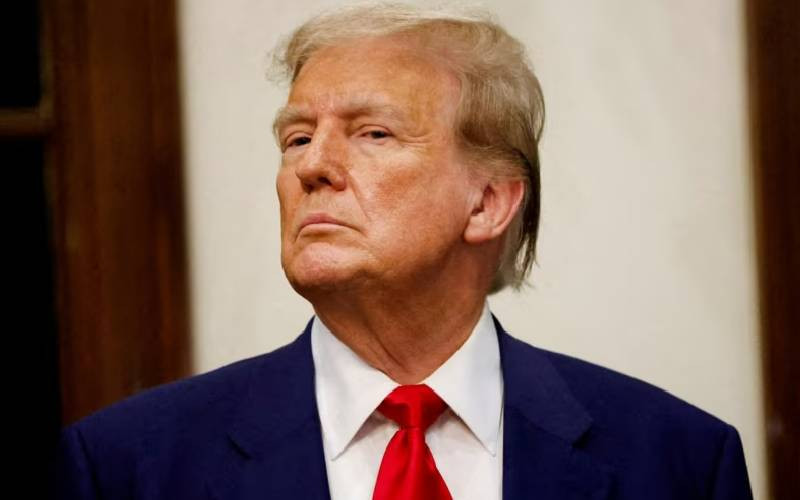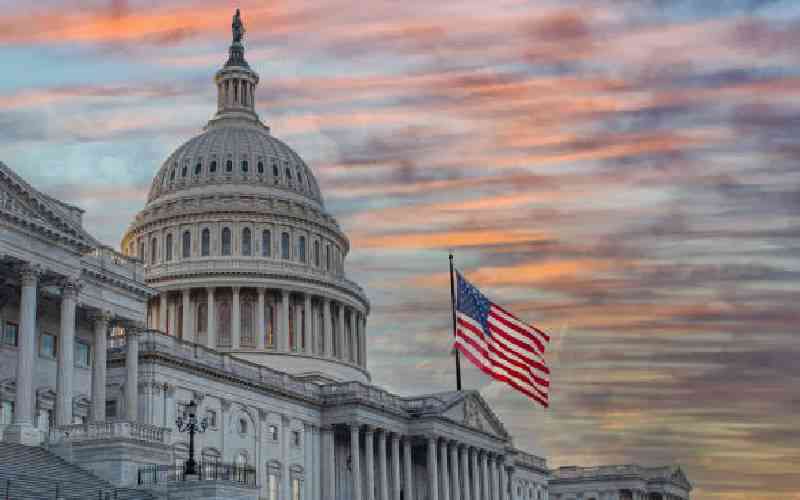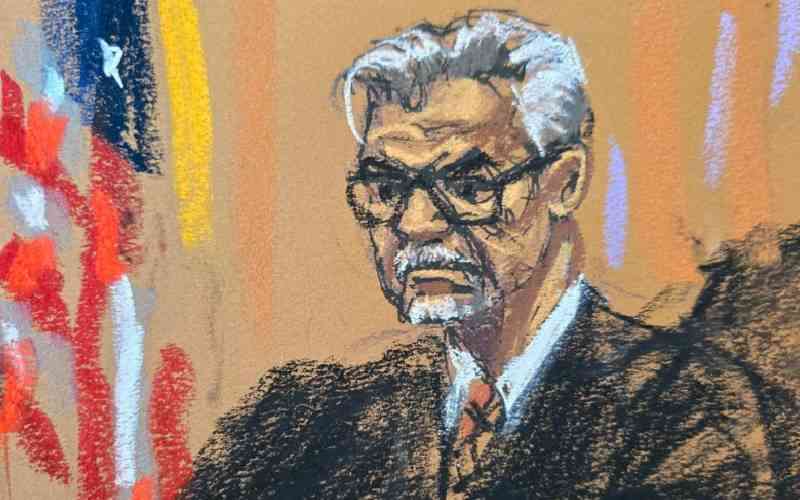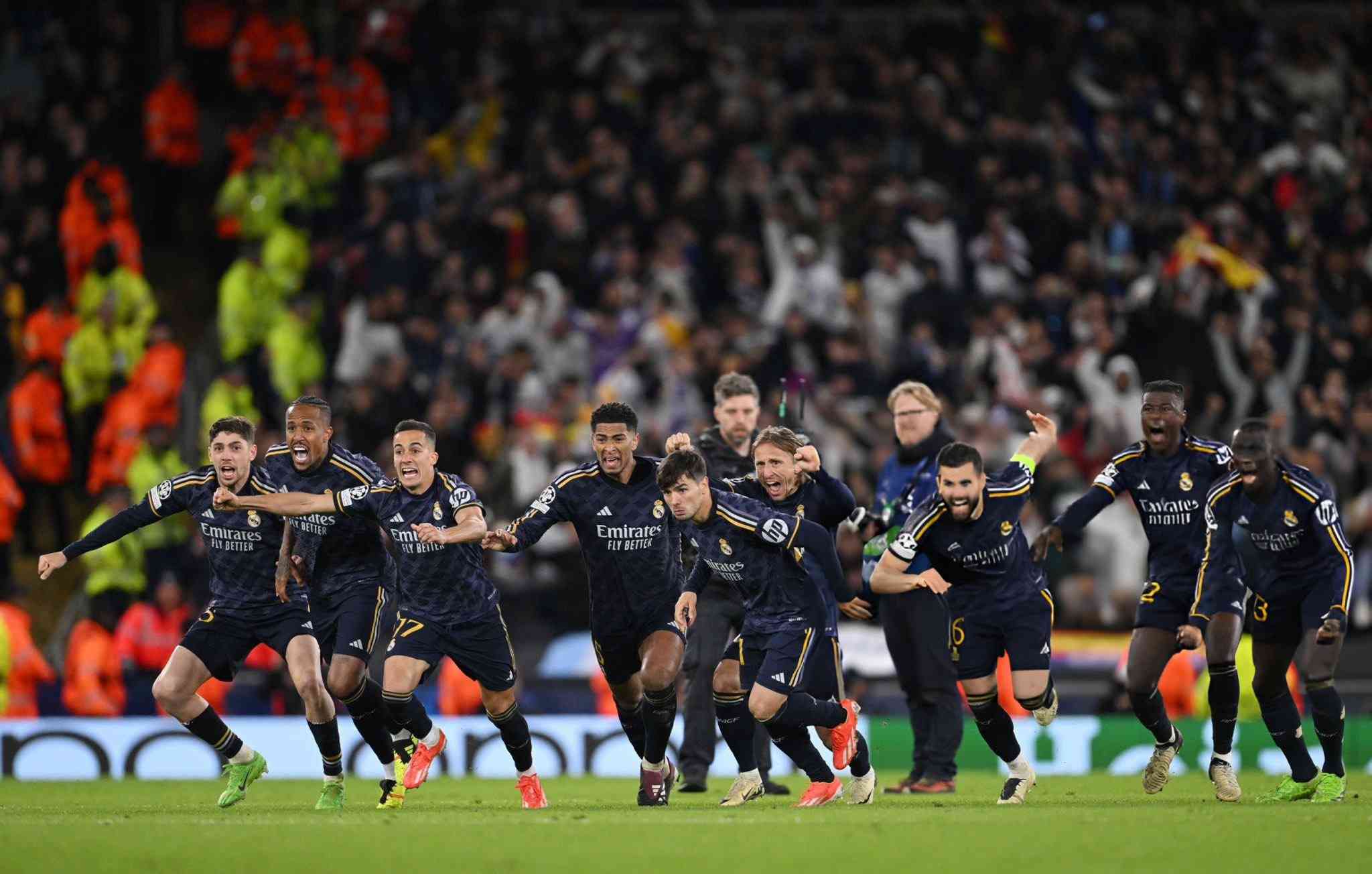Since Donald Trump’s June 16 announcement that he is running for president, the billionaire developer has dominated the national media and the political conversation on a daily basis. Against one of the strongest Republican fields since 1980, Trump leads virtually all state and national polls - and seems oblivious to accepted rules of presidential politics.
What happens now?
No modern campaign has started as quickly or with as much drama as Trump’s. With 15 months to go before the 2016 vote, no one can tell you what’s going to happen. But with the largest audience in US primary history watching the first Republican presidential debate, there is obviously interest in this election. And one thing is for sure: Trump is not going away, and millions of his supporters may stay with him to the bitter end. Many believe this is not a protest campaign but a winning campaign - and they like their man!
I am a veteran of five decades of US politics, and I feel something different going into this election cycle. Polls show deep unhappiness with our elected officials, whether Democrat or Republican.
I ran President Ronald Reagan’s 1984 re-election campaign and served as his White House political director. I also managed the first phase of the Ross Perot campaign in 1992. Perot, like Trump, jumped in front of a political movement when voters - like today - were unhappy with the status quo and wanted change.
Perot ran as an independent, and in June 1992 was leading both President George H.W. Bush and Arkansas Governor Bill Clinton, with 39 per cent of all voters. After that poll, Perot was treated by the media as a serious candidate and scrutinised like any other serious candidate running for president. Perot didn’t like the criticism, his poll numbers dropped dramatically and he quit the race in mid-July.
The day before he quit, he fired all the professionals in the campaign, including me.
We had been trying to make him run a professional campaign - he was taking on not only an incumbent president but also both political parties. A daunting task. But I had recruited a team of top-notch Democrat and Republican talent, who all wanted to participate in a change election. We had laid out a campaign strategy that would have made Perot a contender. Every day I gave him a decision package of things he needed to decide and do. He just couldn’t do it!
The day he fired us, Perot announced that he wanted to make it an all-volunteer campaign again. He was ridiculed from one end of the country to the other. Those most unhappy about the firings were actually the volunteers, who wanted to run a winning campaign. There was dissent in the ranks and no one in charge. Perot decided to end the campaign the next day. He quit!
He returned several months later. But he was never a viable candidate again.
The difference between Perot and Trump is that the Texas billionaire couldn’t deal with bad press or the continuing rough and tumble of presidential politics. When it got tough - Perot quit. Trump, however, thrives on it! And quitter has never been a term associated with Donald Trump.
Part of his advantage is that voters are fed up with the status quo. Many think the other candidates, mostly former or current elected officials, are part of the problem. Just more of the same.
The presidential race for the Republican nomination is not about polls or a national race. It is a state-by-state contest for 2,470 delegates. To be the party nominee, a candidate must have 50 percent plus 1 of the delegates - 1,236 delegates - to win.
Every one of these delegates is hard-won, and each state’s rules are a little different. This race is wide open. With the addition of super PACs - where candidates can receive unlimited monies - it could drag on until June. The party might even go into the Republican National Convention with a still undecided contest.
Trump has to build a state-of-the-art campaign if he wants to continue to do well and have the possibility of winning the nomination. This not a reality show. It is a modern, multimillion-dollar campaign with social media, sophisticated, up-to-the-minute positive and negative television spots, policy-development research, opposition research, grass-roots organization, full-scale legal consultation, coalition building and a structured campaign in most of the 50 states.
Stay informed. Subscribe to our newsletter
Trump has said that he will spend a billion dollars to win. That sum will guarantee no one will out-spend him. But he needs to build a grass-roots campaign with volunteers. You never have enough volunteers in places like Iowa and New Hampshire.
The Iowa caucus is a giant organizational effort in which the winner may need as much the free help as he can get to win. And then the follow-up to win the 99 county conventions - and eventually the state convention held many months latter.
The contests in each state are conducted under that state party’s rules. There is also continual oversight from the Republican National Party’s committee rules.
Just to show you the complexity here. There are, for example, 11 states with a winner-take-all provision. Whoever gets the most votes gets all the delegates. A little more than 25 per cent of all delegates (668) are decided this way. Take Florida. You get the most votes in Florida, you get all its 99 delegates. The battle should be fierce between the state’s current senator, Marco Rubio, its former governor, Jeb Bush, and maybe Trump.
Ten states assign their delegates proportionally. Meaning a candidate gets a proportion of the delegates depending on how well he or she does. A total of 447 delegates are chosen this way.
Meanwhile, there are 17 states that use a caucus and convention to choose delegates. Iowa is such a state. Even though it’s the first caucus, the convention is held months later - and no one selected in the caucus is bound to his or her candidate. Four years ago, former Pennsylvania Senator Rick Santorum won the Iowa caucus. He got no delegates. Instead, former Representative Ron Paul (R-Texas) won the convention and most of the delegates.
The other states have combinations or other methods entirely. The bottom line is, you better know all the rules and have state and local talent available to help you through the process.
The oldest rule in politics is: When your momentum catches up with your lack of organization, you’re doomed to failure.
Right now, Trump has the momentum. But will he build the organisation to have staying power?
 The Standard Group Plc is a
multi-media organization with investments in media platforms spanning newspaper
print operations, television, radio broadcasting, digital and online services. The
Standard Group is recognized as a leading multi-media house in Kenya with a key
influence in matters of national and international interest.
The Standard Group Plc is a
multi-media organization with investments in media platforms spanning newspaper
print operations, television, radio broadcasting, digital and online services. The
Standard Group is recognized as a leading multi-media house in Kenya with a key
influence in matters of national and international interest.
 The Standard Group Plc is a
multi-media organization with investments in media platforms spanning newspaper
print operations, television, radio broadcasting, digital and online services. The
Standard Group is recognized as a leading multi-media house in Kenya with a key
influence in matters of national and international interest.
The Standard Group Plc is a
multi-media organization with investments in media platforms spanning newspaper
print operations, television, radio broadcasting, digital and online services. The
Standard Group is recognized as a leading multi-media house in Kenya with a key
influence in matters of national and international interest.








